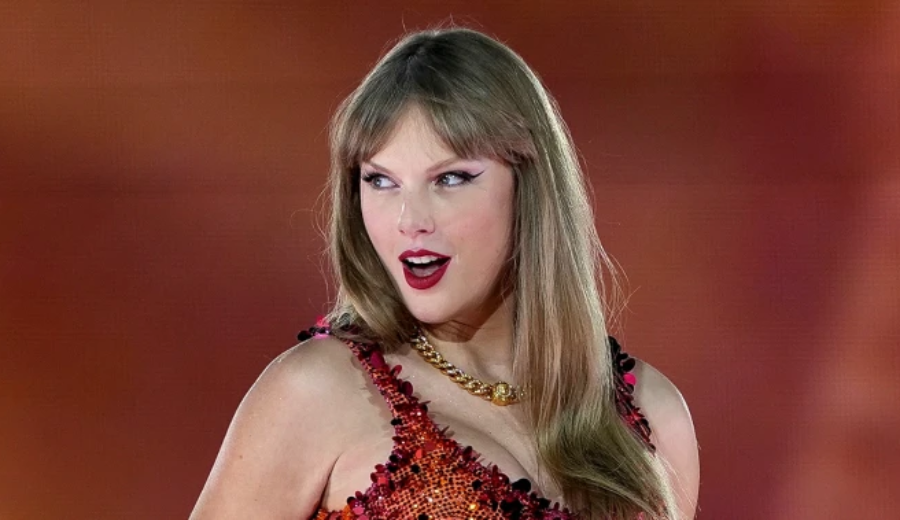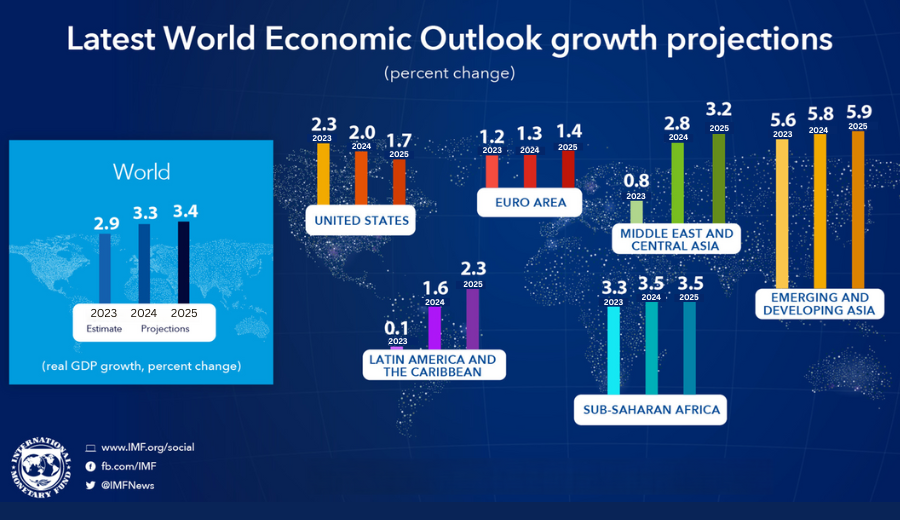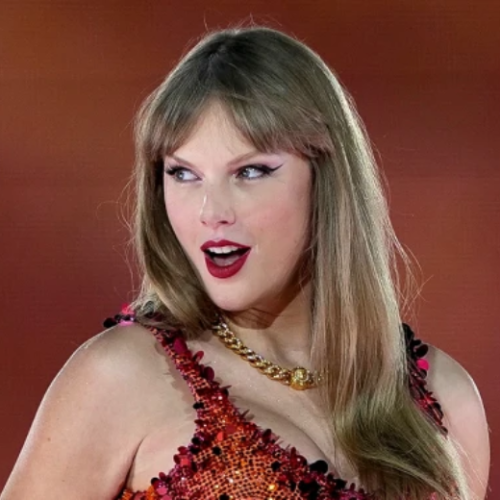The U.S. economy is encountering significant headwinds as aggressive tariff policies under the current administration raise concerns among economists, investors, and the public. Recent developments suggest potential challenges ahead, including the risk of recession, market volatility, and diminished global economic standing.
Tariff Escalation and Economic Implications
In recent months, the administration has implemented substantial tariffs, notably a 145% increase on Chinese imports. These measures aim to bolster domestic manufacturing but have sparked fears of retaliatory actions and disrupted global trade dynamics. Economists warn that such policies could lead to stagflation—a combination of stagnant economic growth and high inflation—reminiscent of the 1970s economic downturn.
The Federal Reserve has adjusted its 2025 growth forecast downward from 2.1% to 1.7%, citing the adverse effects of trade tensions. Additionally, the OECD projects a decline to 2.2% in 2025 and 1.6% in 2026. These revisions reflect growing apprehension about the economy’s trajectory amid escalating trade disputes.
Market Volatility and Investor Sentiment
Financial markets have responded with heightened volatility. The S&P 500 experienced significant fluctuations, and investors have shifted towards safe-haven assets like gold and the Japanese yen. Concerns about the U.S. dollar’s stability and the country’s investment appeal have intensified, with some analysts warning of a potential “confidence crisis” that could undermine the dollar’s global reserve currency status.
Despite a temporary pause on certain tariffs, uncertainty persists. Foreign investors, particularly from China and Japan, appear cautious, potentially reducing their holdings of U.S. Treasury securities. This shift could lead to higher borrowing costs and further strain on the economy.
Public Opinion and Political Dynamics
Public sentiment reflects growing unease. A recent CBS News/YouGov poll indicates that 54% of Americans attribute current economic challenges to the administration’s policies. While the president’s core supporters remain steadfast, broader approval of his economic performance has declined to 44%, down from higher levels during his previous term.
The political landscape is also shifting, with some lawmakers advocating for legislation to limit the executive branch’s tariff authority. These efforts underscore the contentious nature of trade policy and its far-reaching implications.
Outlook and Considerations
As the U.S. navigates these complex economic challenges, careful policy calibration and international cooperation will be crucial. Balancing domestic priorities with global trade obligations remains a delicate task, requiring strategic foresight and adaptability.
Hedge fund billionaire says US may face ‘worse than a recession’ from Trump tariffs
















